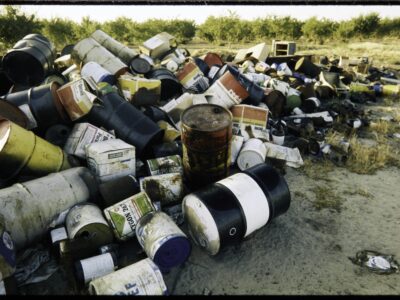Glocalizing Garbage
“Glocalize” is a new term for me. I got it from an article in the Economist about garbage. It means “dealing with big global problems through myriad small or individual actions.” For instance:
The movement complements other efforts such as a United Nations-backed campaign, now in its 19th year, called Clean Up the World. . . . The central team at World Cleanup does not issue top-down edicts; it relies on local groups to direct their litter-blitzes in a way that suits conditions (literally) on the ground, tapping into whatever mix of civic pride, patriotism or other sentiment works best. In keeping with Estonia’s reputation for cyber-wizardry, the founders have developed software that lets citizens use smartphones to record the location, type and image of any rubbish they stumble across. That helps both to guide volunteer efforts and to shame officialdom into doing its job properly.
This is not the only problem to involve multiple scales, making action at the local level as well as higher levels important. Networked responses to environmental problems can be an important way of dealing with problems where top-down solutions are limited. Maybe we will come to see the three most important responses to many problems to be “glocalize, glocalize, glocalize.”







Reader Comments